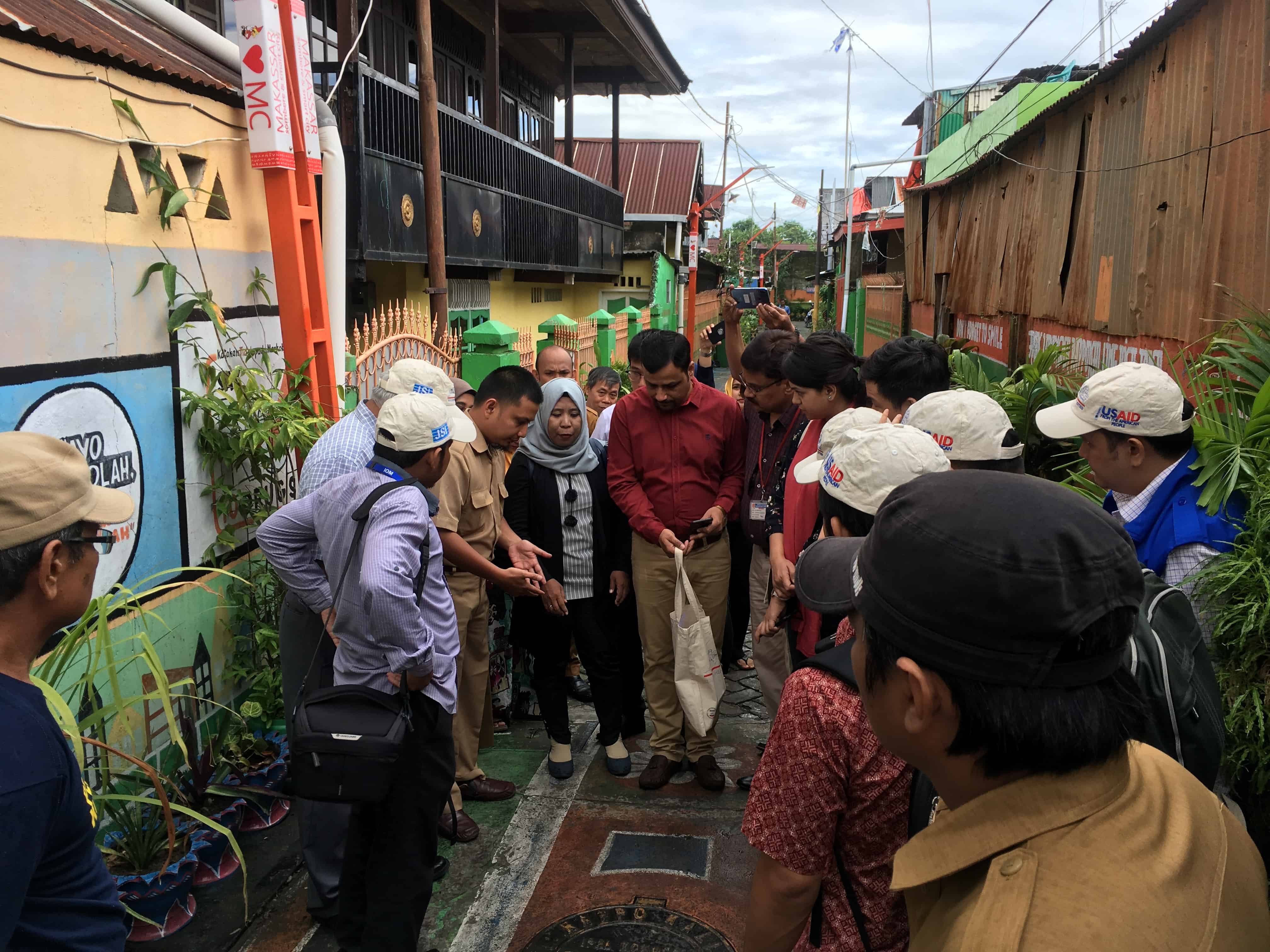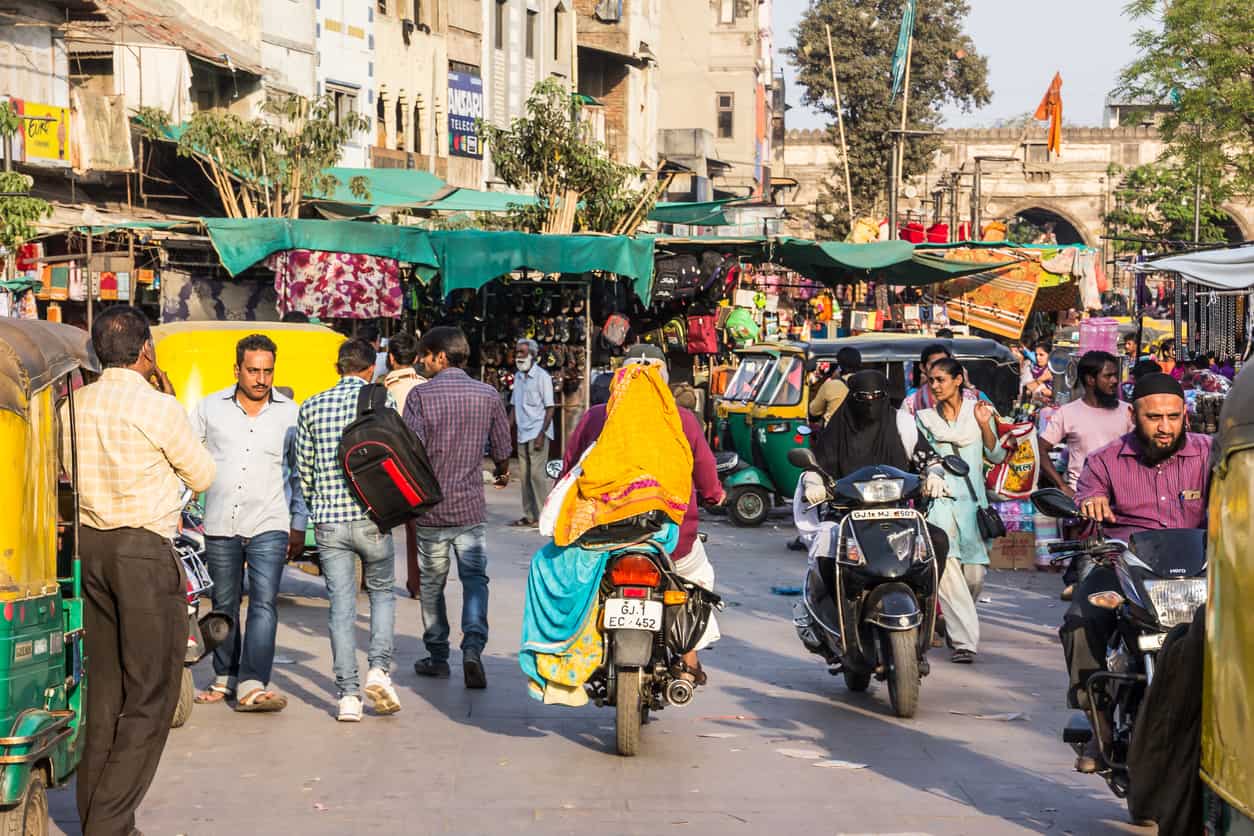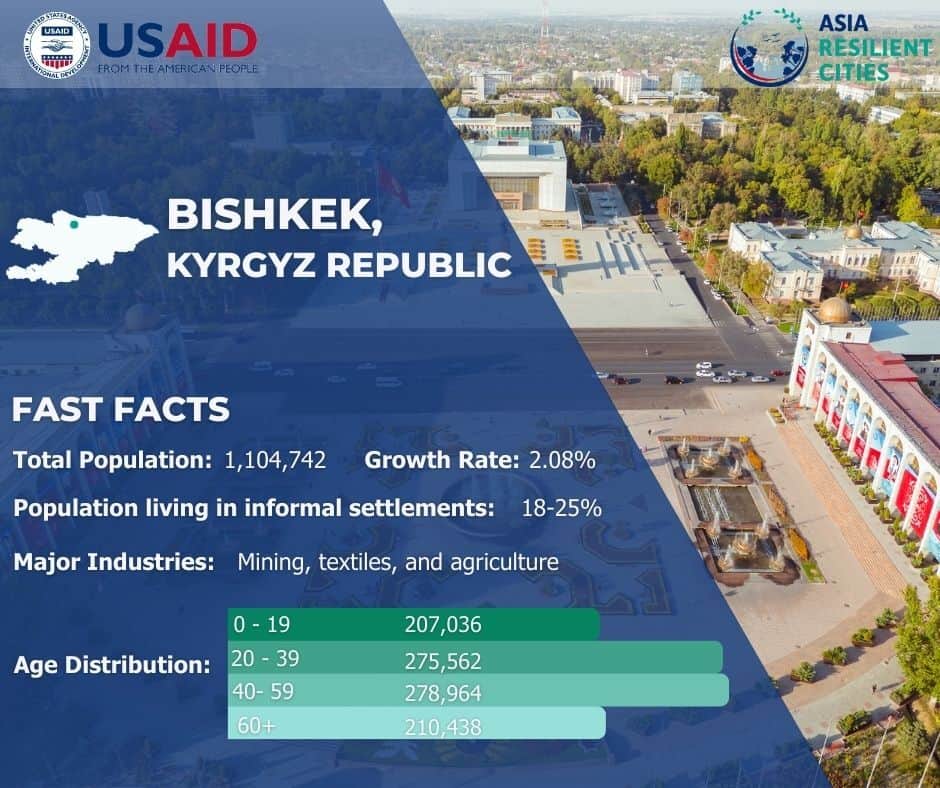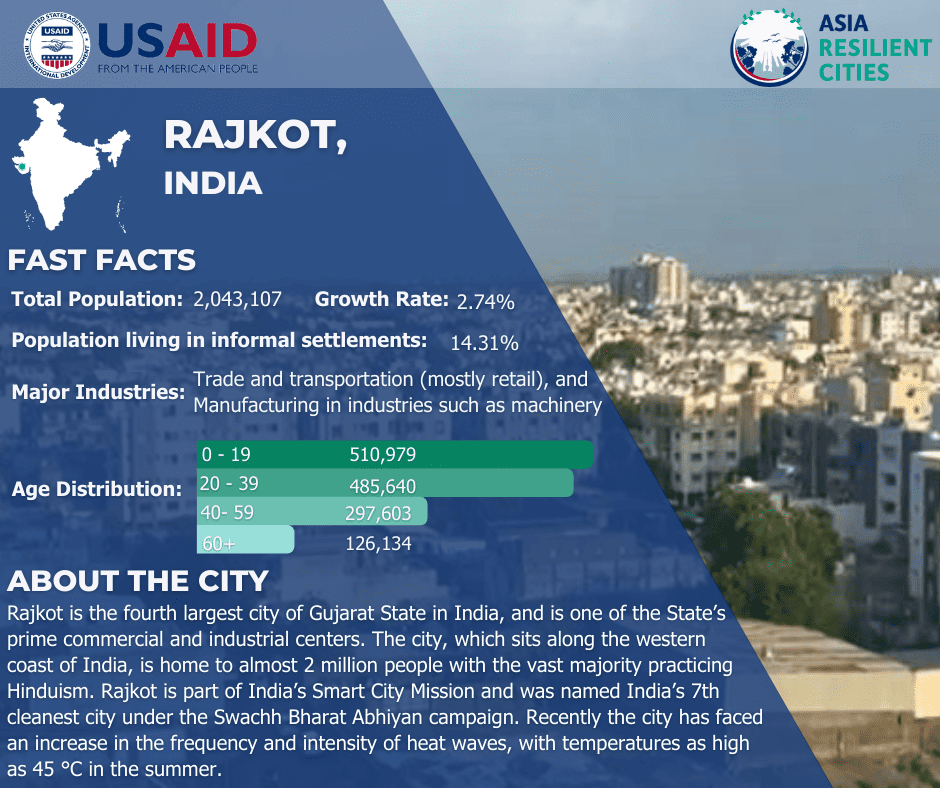 Urbanization has rapidly been growing over the past century. The UN projects that by 2050, two of every three people globally will live in urban or semi-urban areas. While cities may provide better access to health services, keeping up with the rising demand and increased population is increasingly challenging. Our environment defines our health, and expanding cities in particular face mounting health challenges such as pollution, inequitable access to services, and lack of physical infrastructure. Urbanization brings risks such as food and nutrition insecurity, inadequate sanitation and waste disposal, and infectious diseases such as HIV, TB, and cholera. Urban living fuels unhealthy lifestyles, including crowded living conditions, poor diet, tobacco use, and alcohol and drug misuse.
Urbanization has rapidly been growing over the past century. The UN projects that by 2050, two of every three people globally will live in urban or semi-urban areas. While cities may provide better access to health services, keeping up with the rising demand and increased population is increasingly challenging. Our environment defines our health, and expanding cities in particular face mounting health challenges such as pollution, inequitable access to services, and lack of physical infrastructure. Urbanization brings risks such as food and nutrition insecurity, inadequate sanitation and waste disposal, and infectious diseases such as HIV, TB, and cholera. Urban living fuels unhealthy lifestyles, including crowded living conditions, poor diet, tobacco use, and alcohol and drug misuse.
While the challenges are immense, the future of human development depends on creating healthier urban environments. JSI recognizes the interconnectedness of city policies and citizen action. Our approach to supporting sustainable, livable, and inclusive urban growth consists of working with cross-sector government stakeholders to support effective urban planning, and increasing citizens’ awareness about the dangers of climate change and ways to take action.
We build strong coalitions among civil society and cross-sector government and private sector entities to strengthen systems for sustainable and equitable service delivery to the urban poor. Using systems thinking, our cross-discipline, market-based approaches quickly generate evidence that enables us to adapt best practices to urban realities. We build local capacity and develop targeted interventions that prioritize planning and resources for underserved urban populations.
Our experience in urban settings throughout the world has given us a nuanced understanding of the demand for and barriers to access and use of health and health-related services. We contribute to sustainable urban growth and solutions to urban health challenges through:
- Immunization
- HIV prevention, treatment, care, and support
- Safe motherhood
- Water, sanitation, and hygiene
- Healthy and sustainable urban planning
- Citizen engagement
- Social and behavioral change
- Environmental health and climate change resilience
- Access to safe food

 Urbanization has rapidly been growing over the past century. The UN projects that by 2050, two of every three people globally will live in urban or semi-urban areas. While cities may provide better access to health services, keeping up with the rising demand and increased population is increasingly challenging. Our environment defines our health, and expanding cities in particular face mounting health challenges such as pollution, inequitable access to services, and lack of physical infrastructure. Urbanization brings risks such as food and nutrition insecurity, inadequate sanitation and waste disposal, and infectious diseases such as HIV, TB, and cholera. Urban living fuels unhealthy lifestyles, including crowded living conditions, poor diet, tobacco use, and alcohol and drug misuse.
Urbanization has rapidly been growing over the past century. The UN projects that by 2050, two of every three people globally will live in urban or semi-urban areas. While cities may provide better access to health services, keeping up with the rising demand and increased population is increasingly challenging. Our environment defines our health, and expanding cities in particular face mounting health challenges such as pollution, inequitable access to services, and lack of physical infrastructure. Urbanization brings risks such as food and nutrition insecurity, inadequate sanitation and waste disposal, and infectious diseases such as HIV, TB, and cholera. Urban living fuels unhealthy lifestyles, including crowded living conditions, poor diet, tobacco use, and alcohol and drug misuse.


